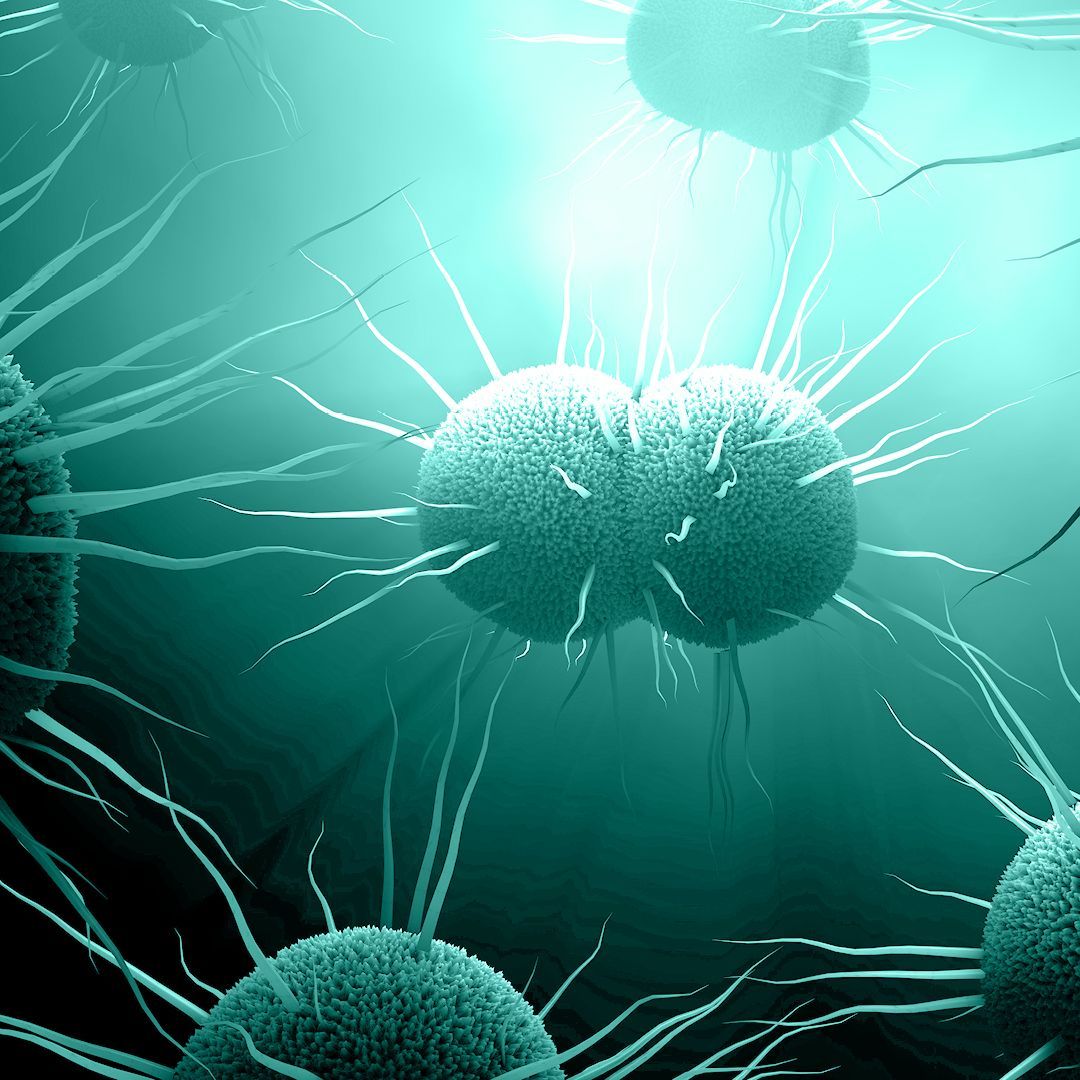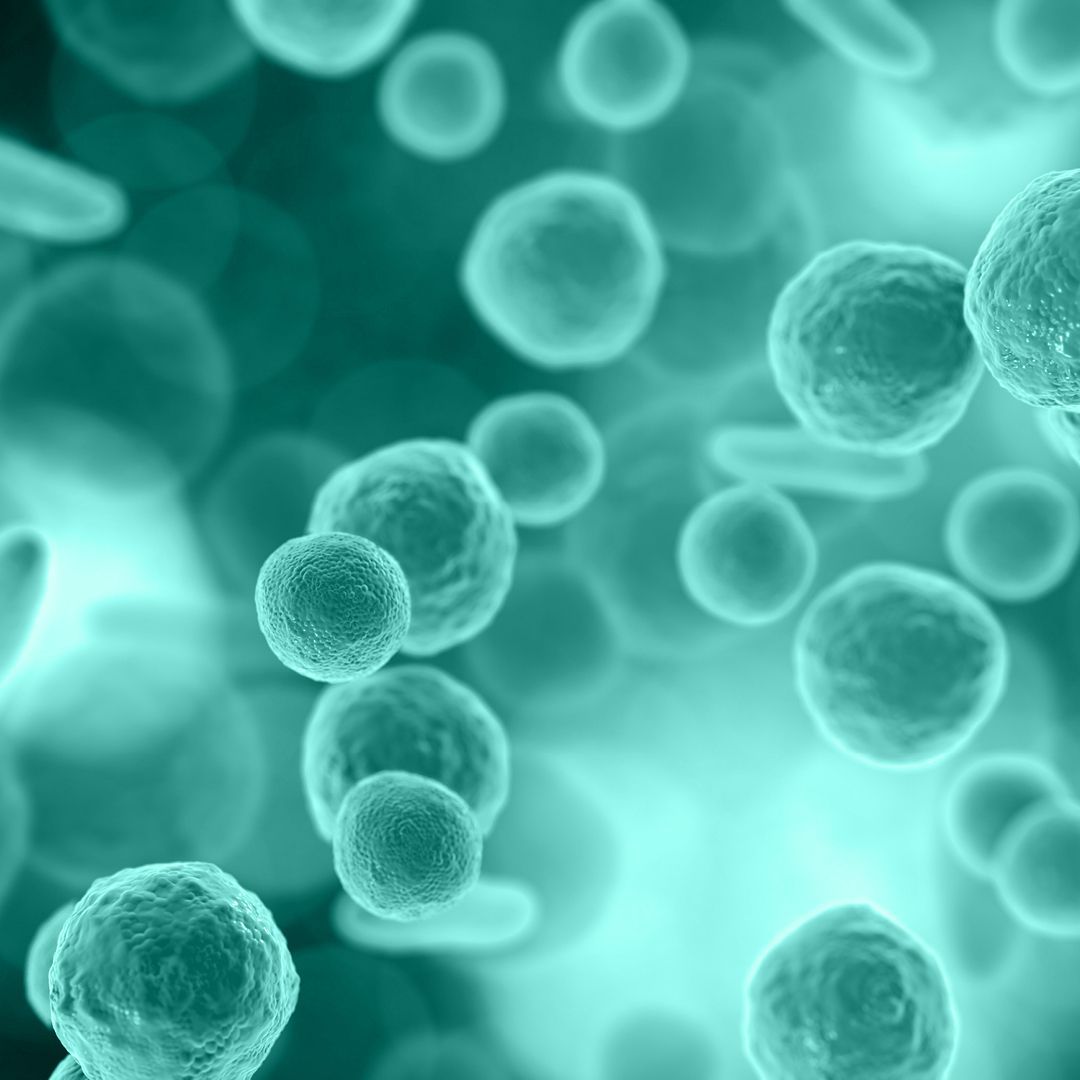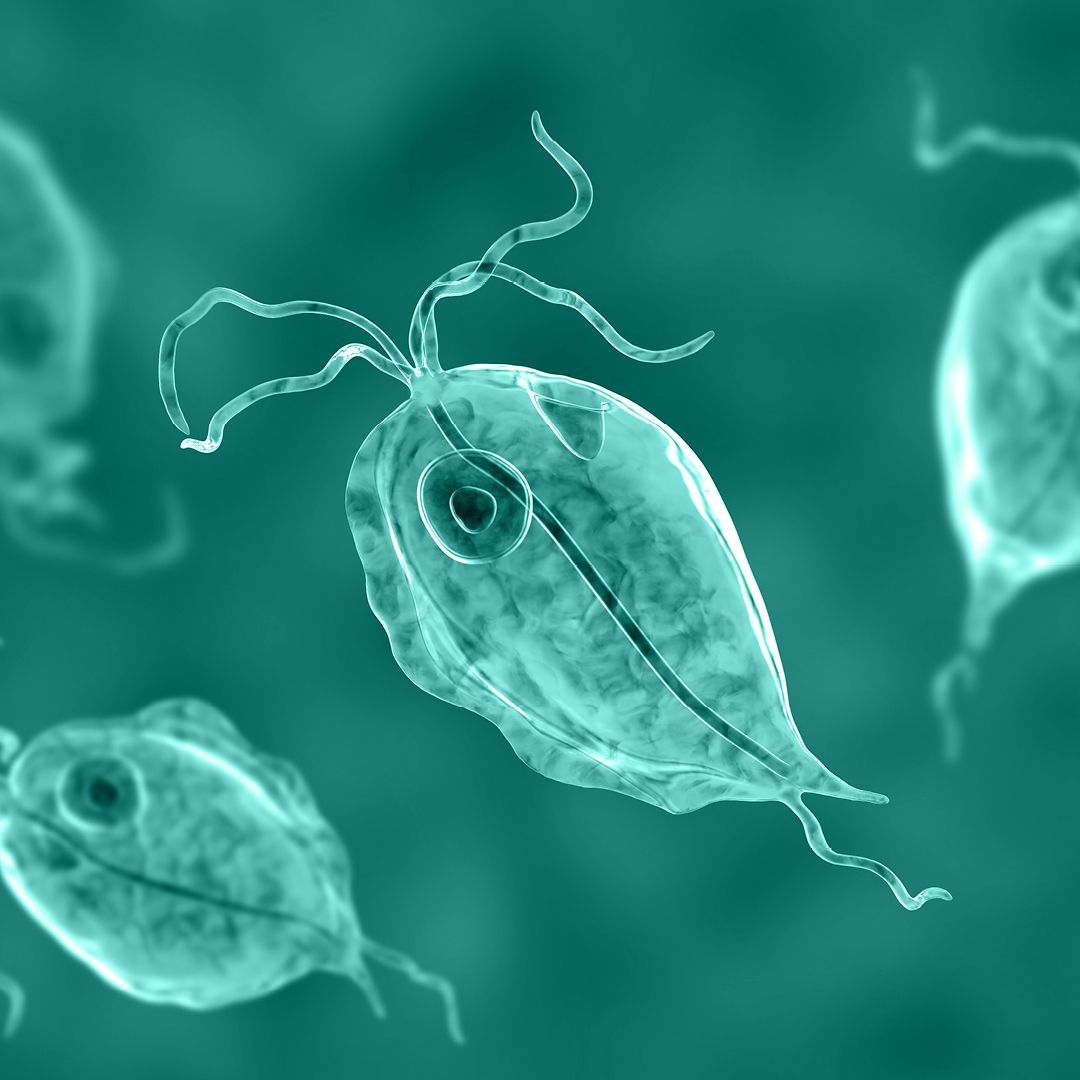What is Chlamydia?
Chlamydia is one of the most common sexually transmitted infections worldwide, caused by a type of bacteria. It is mostly found in young people under the age of 25, and affects both men and women.
What are the symptoms of Chlamydia?
You can have Chlamydia without ever noticing something's wrong, as most people with Chlamydia don't experience any symptoms.
Men experience symptoms more often than women.
For women, symptoms may include:
- Vaginal bleeding after sex
- Bleeding between periods
- A change in your usual vaginal discharge
- Pain when urinating or during sex
- Pain in the lower abdomen
For men, symptoms may include:
- Discharge from the tip of the penis
- Pain or discomfort while urinating
- Bowel symptoms/ diarrhoea (might include, pain, mucus discharge or bleeding)
- Painful or swollen testicles (one or both)
How do I get Chlamydia?
A Chlamydia infection is passed on from one person to another through oral, vaginal or anal sex. Semen does not have to be present for you to get or spread the infection. Chlamydia can also be passed on through the use of unwashed sex toys or hands.
It is possible for Chlamydia to be passed on by the mother to her child through childbirth. If you are pregnant and you have Chlamydia, it's very important to get treated before giving birth, so you don't risk infecting your baby during childbirth.
How can I find out if I have Chlamydia?
Testing for Chlamydia is easy and pain free. For men, diagnosis of Chlamydia is done by simply collecting a urine sample, and for women this is done through a vaginal swab.
Call or message us to find out more about how simple it is to get tested.
Is it difficult to treat Chlamydia?
Chlamydia infections are easy to treat and cure with the correct use of antibiotics, which can be either a single dose or a seven-day course.
In most cases, a repeat test is not necessary to check if the infection is gone, but your healthcare provider will advise you if this is the case.
Should my partner get tested too?
If you are diagnosed with Chlamydia, your current sex partner(s) should also be tested and, if necessary, treated.
Sexual intercourse is discouraged until 7 days after the start of your treatment or at least after the start of treatment of your current sex partner(s). If this is not possible, at least use condoms and/or a dental dam.
What happens if Chlamydia is left untreated?
Left untreated, Chlamydia can lead to serious health conditions that can have lasting effects.
In women, the infection can spread up into the womb, fallopian tubes and ovaries, leading to pelvic inflammatory disease (PID).
PID, in turn, can increase the risk of infertility and ectopic pregnancy (a pregnancy that occurs outside the womb, usually in one of the fallopian tubes).
In men, the infection can spread from the urethra (the tube through which you pass urine) to the testicles, causing pain and swelling (also known as epididymtis).
In rare cases, Chlamydia can lead to sexually-acquired reactive arthritis, causing pain and swelling in the joints. This can co-occur with urethritis and conjunctivitis (formerly referred to as Reiter's Syndrome).
Untreated Chlamydia may increase someone's chances of getting or transmitting HIV.
How do I prevent myself from getting Chlamydia (again)?
Using condoms (correctly) every time you have sex is the best way to prevent getting or giving someone Chlamydia.
Whether you are in a new relationship or a long-term monogamous relationship, it is advised for both you and your partner to get tested before having unprotected sex.
4-IN-1 TEST
Come in, pay for your test, get tested discreetly and privately.
For a limited time until April 30th - only fl. 275.go.
gonorrhoea
Gonorrhoea is a sexually transmitted infection caused by Neisseria gonorrhoeae, that can affect the genitals, rectum, and throat. It can be treated by intramuscular antibiotics.
mycoplasma genitalum
Mgen is a bacterium that is transmitted through sexual intercourse and can be treated by oral antibiotics.
Do you have any questions?
Please reach out to us:
Phone Or App:
Email:
Testing is available at all MLS locations
All Rights Reserved | Medical Laboratory Services Curaçao
Privacy & Terms






